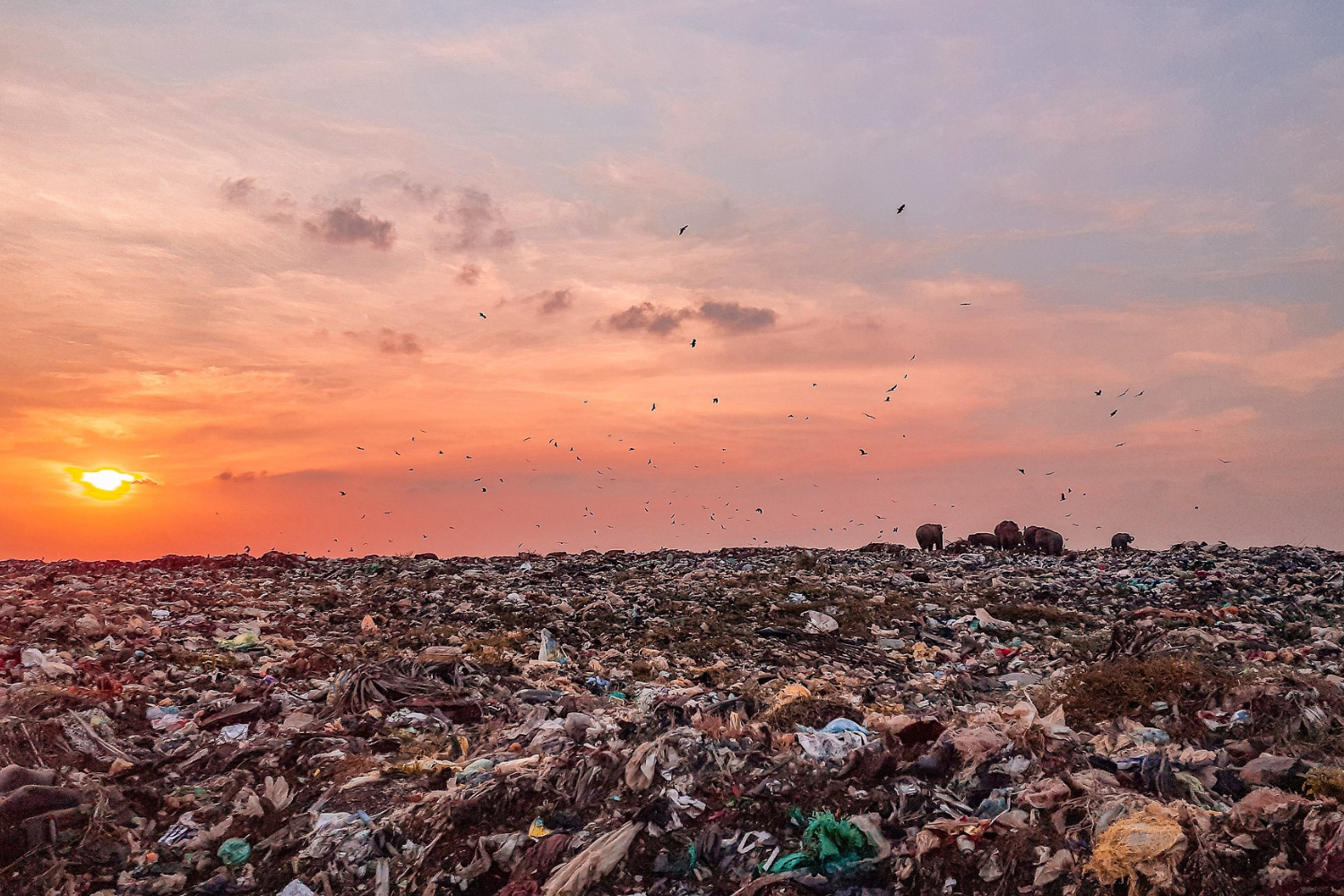Incineration Tax on Household Rubbish Would Combat UK’s Waste Crisis, Says Former Government Adviser


Image by Karuvadgraphy from Pixabay.
The government must introduce an incineration levy to help tackle the UK’s waste crisis, says an engineer and former government adviser.
Recycling expert Richard Waite says a landfill-tax-style tariff on the industrial burning of household rubbish would increase the uptake of recycling, recovery and repair of discarded materials.
An overhaul of kerbside wheelie bin collections and a ban on household waste exports are among other reforms outlined in his book Rethinking the Concept of Waste and Mass Consumption.
He highlights how UK households generate more than 27m tonnes of waste annually and recycling rates have risen by just 12% in a decade. The book also comes as the government consults on amending the UK Emissions Trading Scheme, including proposals to include waste incineration and energy-from-waste in the scheme from 2028.
Incineration at energy-from-waste (EfW) facilities is less expensive than some forms of recycling but produces pollutants including toxic ash that must be disposed of in specialist landfill sites. Waite argues that a tax would make the burning of waste no longer the cheaper option compared with environmentally-friendly disposal methods.
In addition, he is calling for a much simpler system of household waste collection. Residents would have three containers – mixed ‘dry’ recyclables, residual waste, emptied fortnightly, and a food waste bin emptied weekly. Capacity would be increased for plants that can separate and recycle ‘dry’ materials such as cardboard, he suggests.
The former engineer, who has advised councils and the government on household waste management, says: “When I was first working in this field, landfill disposal was so cheap that it was very difficult for local authorities to implement recycling or recovery schemes as they were so much more expensive than landfill.
“This situation only changed when the government introduced the Landfill Tax as a way of artificially increasing the cost of landfill, to make recycling and recovery more financially viable.
“This has made the costs of recycling and recovery much more competitive with landfill. However, it has had the unintended consequence of also making EfW incineration more competitive with landfill and in some cases, in terms of some materials such as plastics, it has made incineration less expensive than recycling.
“Consequently, waste disposal authorities have gone down the EfW incineration route as the least cost option. This needs to be addressed and the blindingly obvious conclusion is that we now need the UK governments to impose an Incineration Tax, at least on Household Waste.”
A major concern with incineration is that waste management companies are tying waste disposal authorities into contracts that guarantee an amount of household waste for several decades.
Waite says these commitments to ‘feed the EfW incinerator behemoths’ have come about because EfW incinerator building costs but are in direct conflict with increasing recycling. As well as a new tax, Waite also proposes a prohibition on the building of any new or extensions of existing incinerators.
This book provides a UK-wide blueprint on how to reduce, recycle and recover waste to help protect the environment and save the planet.
Supported by data, the author outlines in extensive detail what is thrown away, how the waste industry operates, how household waste is collected, and provides evidence-based solutions for tackling the country’s waste problem.
The book says historically cheap landfill costs have fuelled the country’s waste ‘culture’. The author warns that society is consuming the Earth’s limited resources at an unsustainable rate, so it is imperative that we stop seeing no longer wanted materials as ‘waste’.
Reduction, recycling and recovery should be central to waste management, adds the author, and producers must facilitate repair and recycling through changes in product and packaging design. Suggestions include supermarket refill stations, and ‘take-back’ schemes for unwanted products.
Waite also suggests a new workforce would be needed to repair products and dismantle them for reprocessing in the UK, not overseas. These new jobs would grow the economy and protect the environment.
Tips for consumers on how to reduce their waste are also detailed in the book. Borrowing instead of buying items, not using bin-liners, not putting shop receipts in the bin, not screwing up wrappers, and removing aluminium foil from blister packs are among the suggestions given.